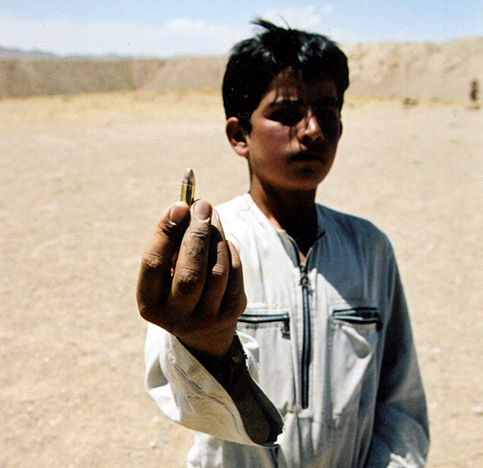Helping to prevent violence and build stability
Each year, 21 September marks The International Day of Peace. This day is set aside by the United Nations as a time to reflect and strengthen ideals of peace. In an ideal world this event wouldn’t be needed but violence, prejudice and hostility unfortunately continue to shape our world. Our approach to working in fragile contexts is always evolving and, in a new statement we detail the cornerstones of our methods and how we adapt, understand, design, and build effective interventions.
Adapt
Two billion people, or a quarter of the world’s population, now live in conflict-affected areas, according to the United Nations. In 2021, an estimated 84 million people were “forcibly displaced because of conflict, violence and human rights violations.” In 2022, it is estimated that 274 million people will need humanitarian assistance due to conflict, United Nations Secretary-General António Guterres recently stated. The nature of violent conflict is also changing and, with it, the requirements to understand, prevent and mitigate its effects.
The ability to address long-term development needs through ongoing engagement in fragile and conflict-affected situations is critical. For this reason, Integrity’s use of real-time data to support understanding of contextual shifts is key to being able to adapt our approaches and bring rigorous new evidence, insights, and engagement to decision makers.
Understand
As the relevance of our work and core services grows, so do our experience and team. From economic and societal sustainability, climate security and cyber security to fragility and violent conflict, our experts react quickly in contexts where decisive action is needed.
But we cannot do this alone. Drawing on our experience in over 30 conflict-affected countries, we work collaboratively with local partners and communities to comprehend specific drivers of violence and conflict at the local level. Understanding the nuances of a context and strengthening relationships are critical to how we approach our work.
Design
Central to our design thinking are the principles of the Do No Harm Approach. We ensure existing risks to vulnerable people are understood and no additional risks are introduced. Furthermore, we ensure that our programmes embed realistic theories of change to break cycles of violence and strengthen the conditions for sustainable peace.
Build
Whilst conflict sensitivity is at the heart of Integrity’s work, we are also ambitious. We help programmes and communities build sustainable platforms that create opportunities for stakeholders to transform conflict. In this way we move away from idealistic views of peace and develop enduring interventions that respond to lived realities.
